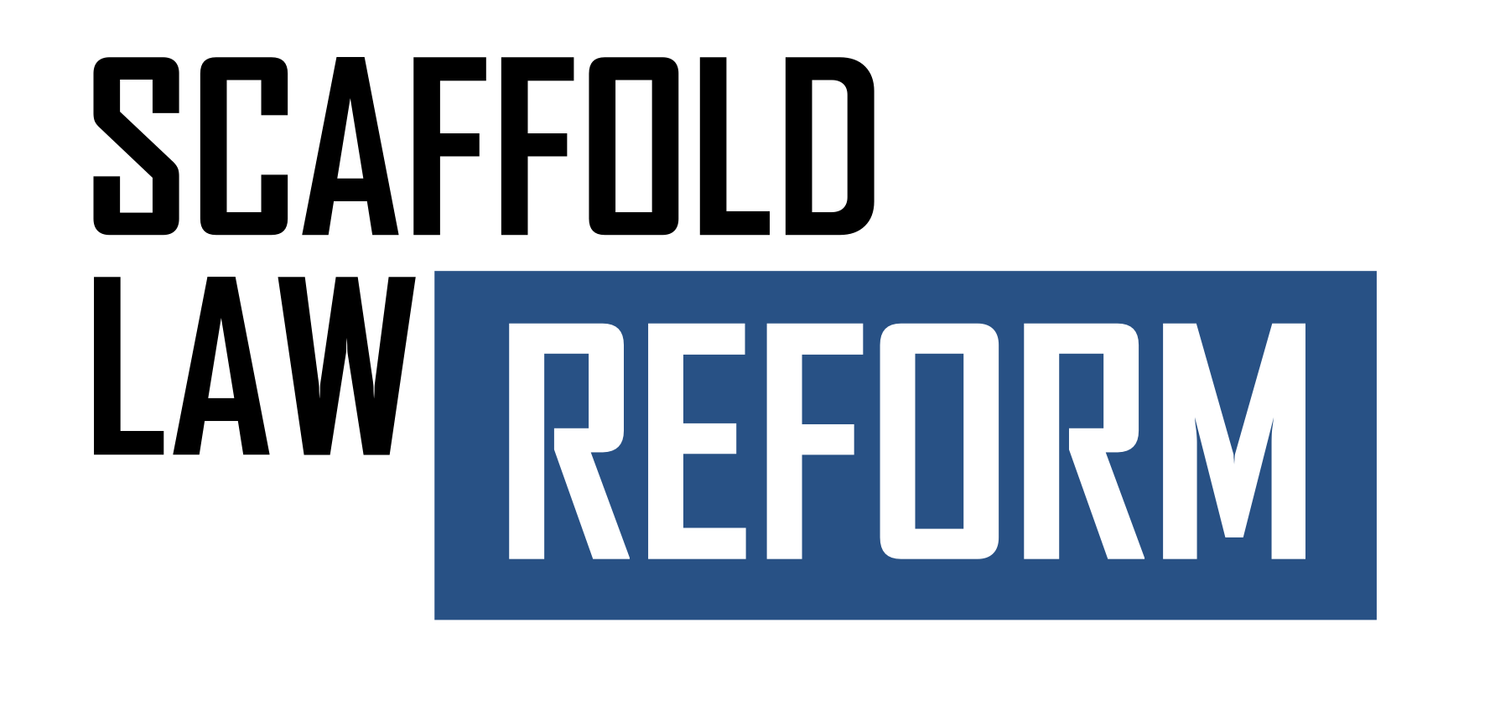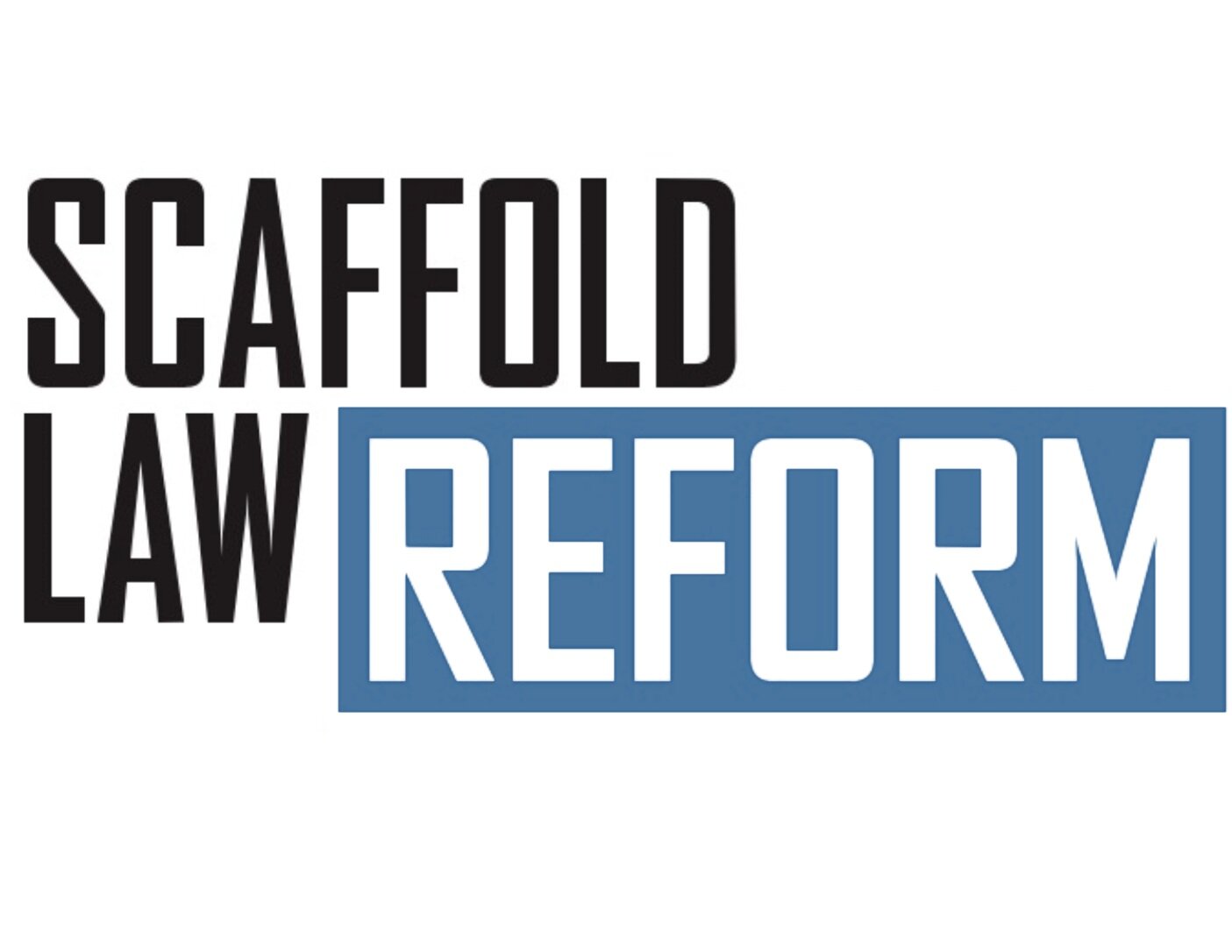Petition Highlights Problem of Third-Party Litigation Funding
By: Abbie Eliasberg Fuchs, et al.
Litigation is expensive. Litigants may turn to third-party funding for support. Such litigation financing can raise ethical concerns and has been criticized for exploiting litigants (personal injury plaintiffs in particular) and encouraging non-meritorious claims. A recent petition by a former employee of a litigation funding company, alleging the company knowingly supported and encouraged fraudulent New York Labor Law (NYLL) § 240 (“scaffold law”) cases, highlights some of these criticisms.
Petition Alleges Financing of Fraudulent Section 240 Claims
The former employee of the litigation funding company filed a petition for pre-action discovery. The petition alleges retaliatory termination because the petitioner inquired regarding the company’s funding and support of fraudulent NYLL § 240 cases.
The petitioner, Kristopher Hassett, worked for the respondent, Cartiga, LLC, a business that provides funding to both law firms and claimants in connection with, and in support of, lawsuits. The funding includes payment for medical procedures and other loans to litigants and law firms based on the projected value of claims.
Petitioner was a lead in the respondent’s claim division. Petitioner allegedly discovered respondent had invested in numerous NYLL § 240 claims lacking proper documentation, identification or accident details. Petitioner further claims respondent’s representatives would “encourage claimants to undergo medical procedures in return for increased personal funding in order to maximize the potential value of their claim.”
On numerous occasions, the petitioner allegedly alerted his superiors of potential fraudulent cases, partner firms and underwriting. The petitioner was allegedly told it was none of his business, instructed to keep quiet, instructed to strike a “good deal” with partner law firms to mitigate risk and create deniability, and encouraged to feel comfortable with some level of fraud. Eventually, Cartiga terminated petitioner.
Petitioner alleges violation of NYLL § 740 (protection for “whistleblowers”), which prohibits employer retaliation against an employee who discloses an activity, practice, or policy by the employer that the employee reasonably believes to be in violation of law, rule, or regulation.
Potential Implications
In third-party litigation funding, a lender provides funds to the claimant or law firm to cover litigation expenses, or simply as an advance on the recovery, in return for a share of the eventual settlement or award. The industry is unregulated in New York and funding often need not be disclosed. There have been documented criminal cases, leading to convictions, of attorneys and physicians conspiring to perform unnecessary medical surgeries and fabricate medical reports to drive up the value of funded cases, both exploiting the litigants and defrauding defendants and insurers.
As a rule, interest rates on these loans are extremely high. It is also common knowledge among the defense bar that because funded litigants and law firms must cover not only their normal costs and expenses, but the loan amount and additional extensive interest, such loans are an impediment to settlement. When settlements do occur, little remains for the litigant after payment of the principal and interest to the lender and the attorney’s contingent fee.
Looking Ahead
Claims for retaliatory termination by employees of third-party litigation funders, like the Hassett petition, may increase. Fraud, exploitation of litigants, and the inability to settle otherwise resolvable cases, have accompanied the rise of third-party litigation financing. Given this, lobbying for regulation of this currently unregulated field may be forthcoming. Attorneys and their clients alike should continue to stay informed of litigation funding, the impact of the practice on litigants, and its potential to obstruct the efficient resolution of lawsuits.

